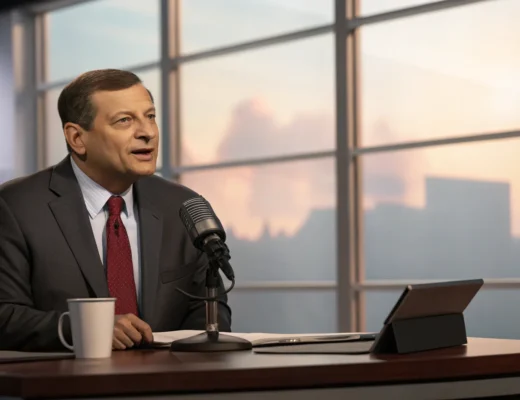Esteemed economist and Nobel laureate Paul Krugman recently spoke on the potential negative effects on the US economy due to a possible Donald Trump election win.
His concerns center on Trump’s “magical thinking,” and he warns about a return to punitive economic policies, increasing inflation rates.
According to Krugman, Trump’s proposed tax cuts would favor the wealthiest, leaving middle and lower-income households at a disadvantage.
Krugman notes the potential for destructive trade wars and a decrease in international cooperation if protectionist rhetoric continues.
He also discusses his worries about the unpredictability and rash decision-making often seen in Trump’s administration.
Krugman draws parallels between Trump’s economic plans and the financial policies of Latin American dictatorships of the ’70s and ’80s, notorious for widespread inflation.
The economist believes these strategies disregard the current economic state, and could potentially push the economy into decline.
He’s also critical of Trump’s crisis management during the COVID-19 pandemic, viewing this as an indication of Trump’s denial of reality, which may or may not be accurate.
Krugman suspects this tendency may be the source of Trump’s potentially harmful economic policies.
Under Trump’s administration, Krugman observes a shift that brought benefits for the rich at the expense of middle and working-class citizens.
He suggests a second Trump term could lead to similar policies, using the 2017 tax cuts as an example.
Krugman disapproves of high tariffs on Chinese imports, warning that this could lead to inflation and economic downturn.
He highlights the 2018 budget proposal as favoring the wealthy with substantial tax cuts while slashing funds for social aid programs.
The economist voices concerns about Trump’s attempt to influence the Federal Reserve, hinting at reducing its independence, a move he perceives as risky.
This, Krugman believes, could lead to knee-jerk economic policies that risk the stability of the global market.
It could also decrease investor confidence, introduce political unpredictability, and fuel economic volatility.
Other noted economists, including Nouriel Roubini, also expressed concerns over potential instability and challenges including increased debt and inflation, should Trump win a second term.







